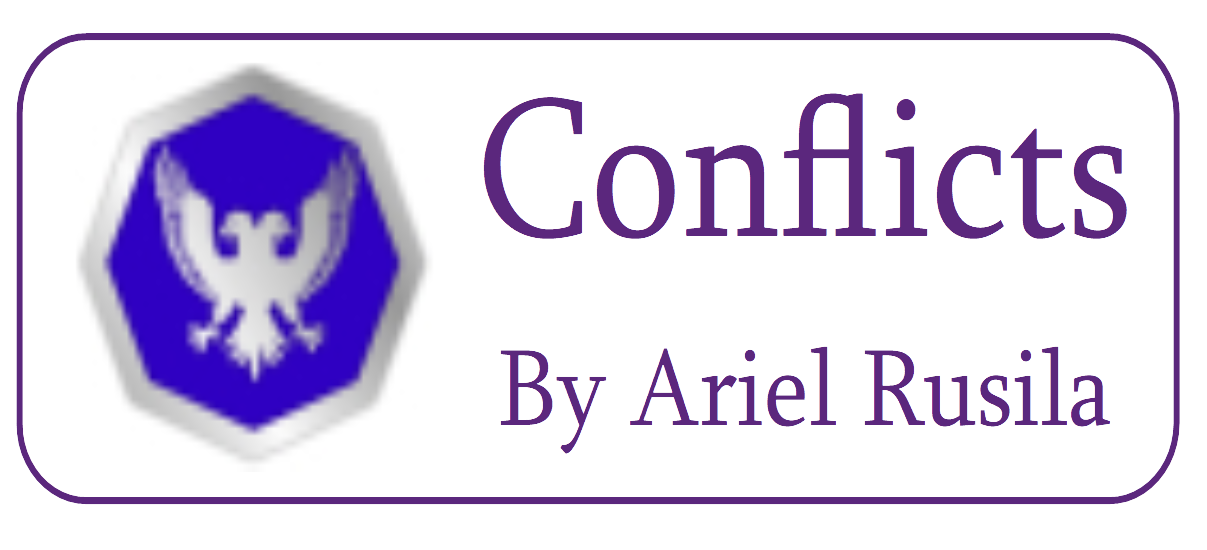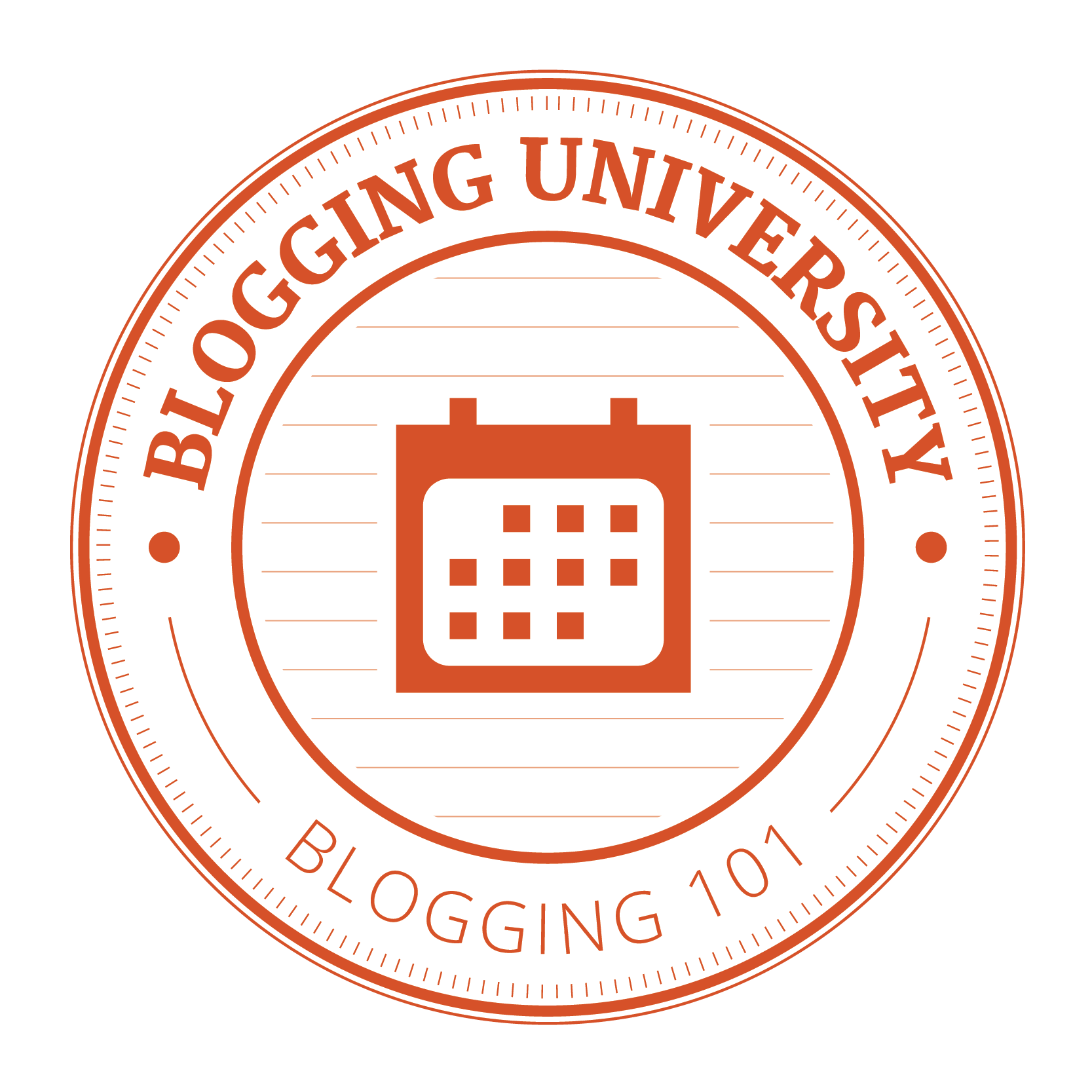The new report made by Minority Rights Group International (MRG) gives a bare picture about worsening situation of minority rights in today’s Kosovo. Instead to return to their homes after ethnic cleansing implemented by Kosovo Albanians after Nato intervention 1999 minorities are beginning to leave Kosovo, because they face exclusion and discrimination. This negative process is happening in international protectorate where EU is implementing one of its biggest civil crisis management operations and once again demonstrates the huge gap between high flown ideas, aims, programmes and statements made in Brussels and their implementation on the ground.
After nearly ten years of international administration – the longest and most expensive since the creation of the UN – Kosovo remains one of the most segregated places in Europe, with thousands of displaced persons still in camps, and many ‘ethnically pure’ towns and villages. The great failing of international rule in Kosovo over the last eight years has been that instead of breaking down segregation it has made it worse. Kosovo has become ever more divided into Albanian and Serb areas, with all other groups – Bosniaks,Croats, Gorani, Roma, Ashkali, Egyptians and Turks – being marginalized.
 Minority Rights Group International (MRG) is a London based nongovernmental organization (NGO) working to secure the organization (NGO) working to secure the rights of ethnic, religious and linguistic minorities and indigenous peoples worldwide, and to promote cooperation and understanding between communities. More about MRG and its full report – released on 27th May 2009 can be found from here
Minority Rights Group International (MRG) is a London based nongovernmental organization (NGO) working to secure the organization (NGO) working to secure the rights of ethnic, religious and linguistic minorities and indigenous peoples worldwide, and to promote cooperation and understanding between communities. More about MRG and its full report – released on 27th May 2009 can be found from here
No international protection
IMRG report notes, that since Kosovo’s declaration of independence on 17 February 2008, there has been a vacuum in effective international protection for minorities in Kosovo. A lack of certainty over the status of the territory has limited the practical application of international human rights law. There is a danger that the new international organizations operating in Kosovo, including the European Union Rule of Law Mission (EULEX) and the International Civilian Representative (ICR), will compound the failure of the United Nations’ Mission in Kosovo (UNMIK) to ensure a tolerant, multi-ethnic society in which equality, on-discrimination and the rights of minority groups are protected.
No political will 
A lack of political will among majority Albanians and poor investment in protection mechanisms have resulted in minority rights being eroded or compromised in the post-independence period. Smaller minority communities have yet to see resolution or redress for oppression and human rights violations since the late 1990s, such as attacks and occupation of the homes of Bosniaks, Croats and Gorani, and an inability to exercise their language rights in public for fear of harassment. Many smaller minorities, such as Roma, Ashkali and Egyptians, who were displaced from their homes, have faced severe difficulties in returning. Smaller minorities also suffer from lack of access to information or to tertiary education in their own languages, and discrimination due to association with the former Serb majority. This, combined with tough economic conditions, means that some members of minority communities, including Bosniaks and Turks, are starting to leave the new Kosovo altogether.
Organisational mess
Far from addressing Kosovo’s deep-seated problems, in the period since the declaration of independence, the actions of the new Kosovo authorities and the international community have instead created uncertainty and confusion, with increasingly complex, multi-layered executive governance structures in Kosovo. As a result there are currently numerous international and domestic actors with interrelated yet conflicting mandates operating in Kosovo. Since independence, the international community has been preoccupied with resolving legal and institutional complications surrounding the status of their international missions. Yet structures put in place have also perpetuated international actors’ lack of legal accountability and complicated minorities’ access to the European Court of Human Rights (ECHR) and to other international legal remedies against Kosovo authorities. They have also made engagement with and formulation of policy toward Kosovo’s smaller minority communities a low priority. Given the history, the European Union (EU) and other international actors should instead accord a central role to promoting the rights of minorities in Kosovo, including by improving the critical assessment of Kosovo’s record on minority protection as part of the EU accession process. More also in my article “EULEX, UN and mess-up in Kosovo”
Reversing needed
MRG warns that unless this trend is reversed, it will see the steady migration of minority groups who have lived in Kosovo for hundreds of years, such as Bosniaks and Turks, and who have other states to migrate to. A decade after the conflict people from minority communities still languish in displaced camps in dire conditions near Mitrovica. For Ashkali, Egyptian and Roma, who have no other countries to escape to, these trends are likely to lead to engrained poverty and further marginalization for generations to come, the report says. One description about Roma case in Mitrovica can be read from my earlier article “UN death camps, EU money, local negligence”

Lack of accountability
Also Amnesty International has came to similar conclusions. It accuses UNMIK for human rights violations in its recent report on the human rights in the world. AI noted that UNMIK has failed to address violations of human rights committed by the international community in Kosovo and the war crimes cases. The report also claims that the number of refugees that have voluntarily returned to Kosovo is very small. AI said that the Constitution of Kosovo adopted by its Assembly has failed in creating effective institutions for overseeing human rights and guaranteeing rights of women and non-Serb minorities.
Lack of accountability persisted for past human rights violations by UNMIK personnel against people in Kosovo. In October the EU agreed that US citizens participating in the EULEX mission would not be accountable to the EU for any human rights violations they might commit. Impunity for past inter-ethnic violence prevailed. In July the OSCE reported that only 400 prosecutions had been brought in 1,400 cases reported to the police after the ethnic violence of March 2004, in which 19 people were killed and more than 900 injured. Trials were delayed when witnesses, including police officers, reportedly failed to attend court or provided conflicting statements; sentences imposed were inconsistent with the gravity of the offences.
Bottom line
To avoid further ethnic cleansing and grave human rights abuses, it is particularly important to examine how to address this recognized deficiency when protecting minority rights. From my point of view especially EU – as biggest donor and as implementing its biggest civil operation in Kosovo – should revise its practice with civil crisis management operations. The key elements according my opinion are
- realistic situation analysis instead of appropriate political presumption,
- participatory planning together with local stakeholders instead of desktop planning,
- full project cycle management instead of ad hock projects and
- utilizing feedback from the operational theatre instead of fixed programs.

More about tensions in Kosovo e.g.
- Quadruple Helix – Capaturing Kosovo
- UN struggling with Kosovo’s parallel structures
- Dividing kosovo – a pragmatic solution to frozen conflict



 Posted by Ariel Rusila
Posted by Ariel Rusila  European Constitution in 1984 etc. I bet that EU history has much more interesting aspects than selected. Indeed a couple of weeks ago Adam LeBor published a conspiracy thriller “The Budapest Protocol” based real event in Strasbourg on August 10, 1944. There Nazi officers ordered a group of German industrials to plan for Germany’s post-war recovery – the Fourth Reich – an economic empire known later as European Union. (more about US intelligence document related to Nazi’s secret post-war plans in
European Constitution in 1984 etc. I bet that EU history has much more interesting aspects than selected. Indeed a couple of weeks ago Adam LeBor published a conspiracy thriller “The Budapest Protocol” based real event in Strasbourg on August 10, 1944. There Nazi officers ordered a group of German industrials to plan for Germany’s post-war recovery – the Fourth Reich – an economic empire known later as European Union. (more about US intelligence document related to Nazi’s secret post-war plans in 














